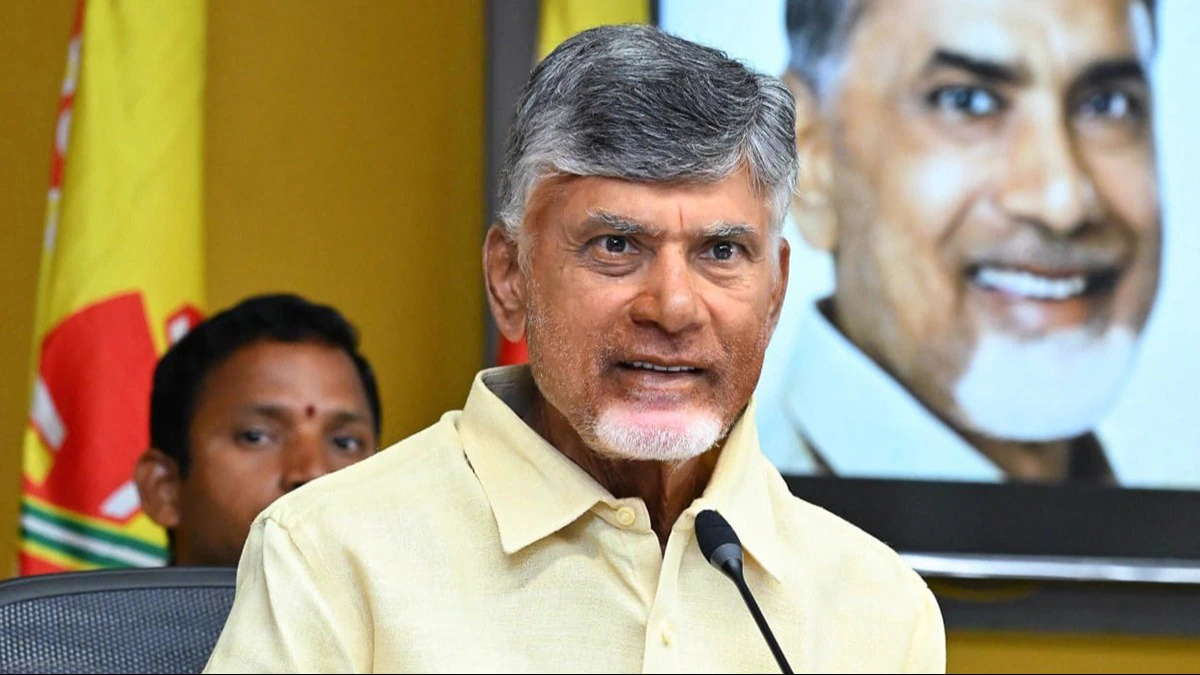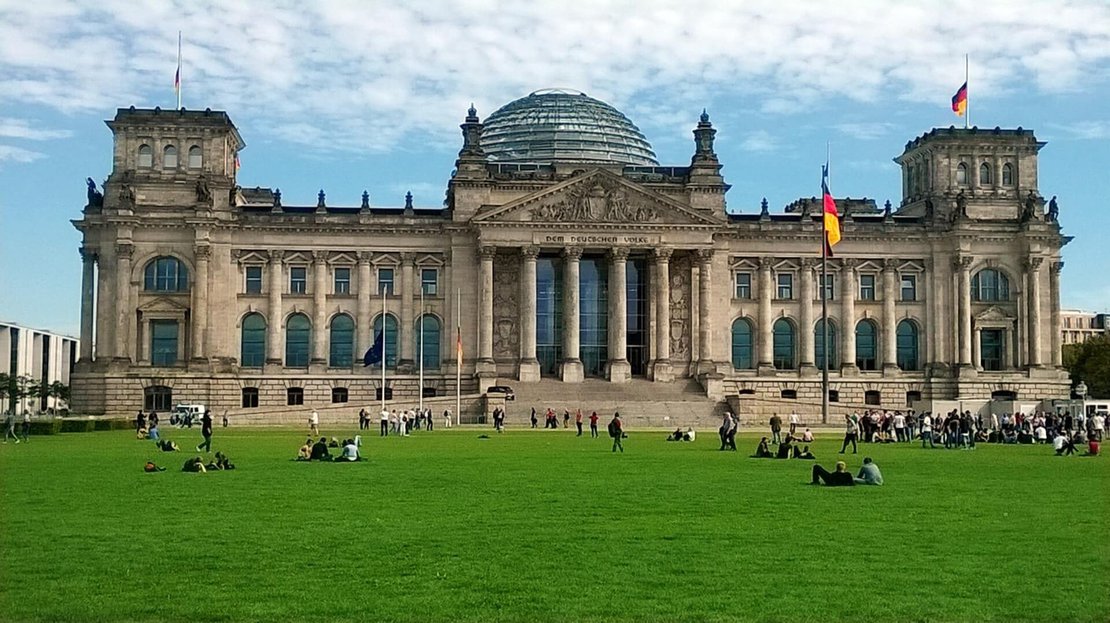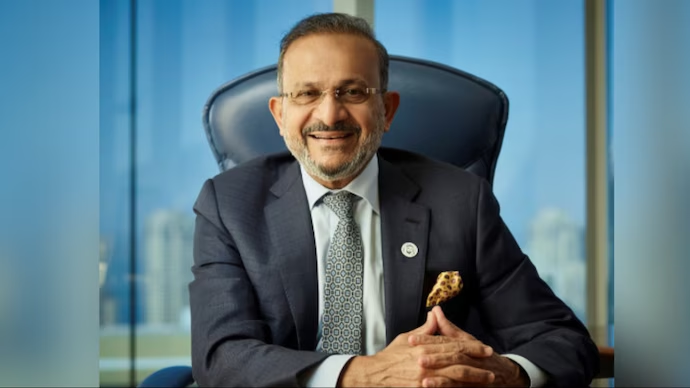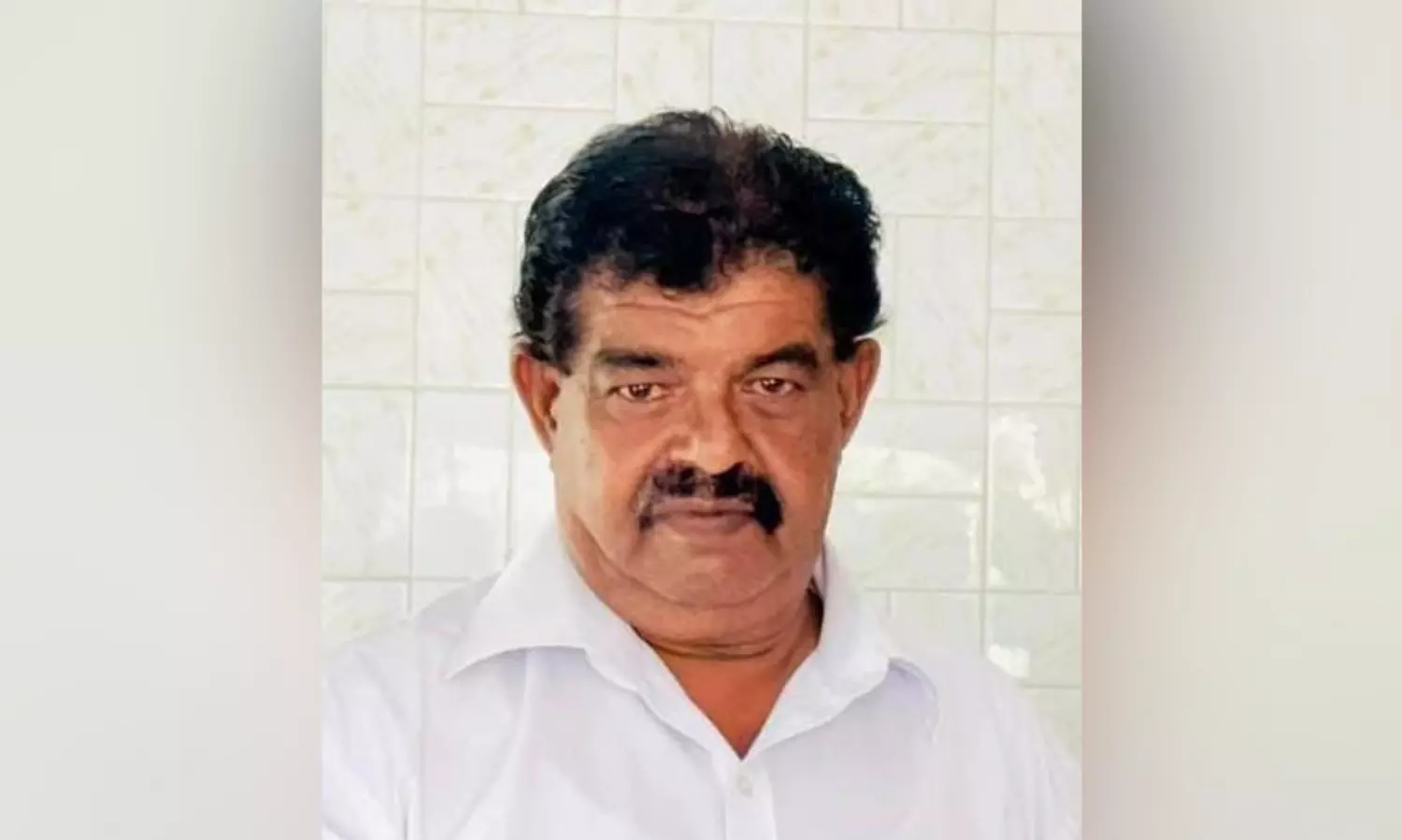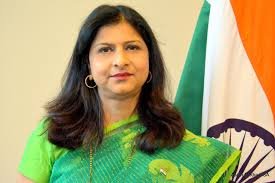Some of the most common one that you may have heard include ‘Refugees can choose to stay home, but move for better jobs overseas.’ ‘Refugees are a drain on local resources.’ And ‘Refugees are terrorists and extremists.’
It is misconceptions like these that fuel discrimination and hate against refugees worldwide. As one of the most vulnerable groups in the world, these often ungrounded perceptions make the lives of refugees more complicated than they already are, a report from the website Our Better World says
Going by the statistics of mid 2020, there are around 80 million forcibly displaced persons worldwide, among them 26.3 million refugees. The refugee crisis is growing and universal, and everyone has a part to play.
The ability and the wisdom to be able to tell fact from fiction is the first step to being a part of the solution.
Below, we debunk nine myths about refugees.
“A refugee is just another human, with an added layer of problems.” – Ali Rustom, who fled from Syria to Malaysia in 2014
Myth : Refugees can choose to stay home, they are just moving for better jobs overseas
Fact: Refugees leave and flee their homes to escape violent conflict or persecution in their own country, to protect their lives and those of their families. There is also no option for them to safely return home as their governments will not or cannot protect them from human-rights abuses. Comparitively speaking, people who choose to leave their homes for opportunities abroad fall under the broader category of migrants.They may leave their country for any reason, such as employment or education. They continue to be protected by their own government even after leaving their home country, and can return home whenever they wish to
Refugees are terrorists & extremists is an absolute myth.
Grouping refugees as terrorists or extremists is a false and inaccurate generalisation. Just as how innocent people are victims of terrorist attacks, refugees are also victims of terror in their own countries.
A 2016 UNHCR report says, any perceptions that link terrorists and refugees are “analytically and statistically unfounded, and must change”.
UN Secretary-General António Guterreshad aptly summed it up when he said: “it is not the refugee outflows that cause terrorism, it is terrorism, tyranny and war that create refugees.”
Refugees steal jobs from locals, and cause disruption in local communities is another widely prevalent wrong impression.
Refugees flee their country out of fear and in hopes of survival, not because of economic intentions. In fact countries such as Malaysia and Indonesia lack laws to grant asylum or accord refugee status.
Another myth: Refugees do not have basic rights to employment, education and healthcare.
Refugees rely on non-profit organisations for assistance, or in some cases, have started their own programmes — such as learning centres — to support themselves and others. Others may end up being exploited in the informal work sector, or trafficked into sex work.
Refugees who have successfully resettled or have legitimate asylum, have contributed to the economy, with growth in the domestic market and creation of new jobs, according to a research study.
With proper benefits and facilities, refugees can lead productive lives in their host countries. The faster they integrate into the local labour force, the faster they can become productive members of society.
Another myth in the list is: Refugees will surely get resettled, and have comfortable lives in their new countries.
Less than one per cent of refugees are resettled each year. Resettlement depends on the number of places offered by third countries, and it is prioritised for highly vulnerable refugees and those in need of urgent protection.
Politics in third countries can influence how many places are offered. Additionally, resettlement departures to third countries decreased dramatically in 2020 due to COVID-19’s impact on international travel.
Myth – Refugees pose a health hazard to locals
When it comes to any form of cross-border travel – travel for leisure or refugee migration – health is a legitimate concern. The issue of hygiene and sanitation is all the more pertinent in light of the ongoing COVID-19 crisis.
In most cases, refugees live in areas with limited sanitation systems and health facilities, and are therefore a group at risk during this outbreak. The UNHCR is currently working with governments to step up health, water, sanitation services to protect refugees.
Just as how many of us did not choose the pandemic, refugees likewise did not choose to live in areas with low sanitation where they would be more vulnerable to contracting the virus. To think that refugees are health hazards merely because of their status, has more to do with existing prejudice rather than facts.
Myth – Refugees will never be able to integrate with the locals in the host country
If locals are willing to put perceived differences aside and accept refugees, can they integrate and become part of the local community. By accepting refugees, communities are protecting the most precious right of all: the right to live.
Myth – Refugees do not have any rights
The 1951 Geneva Convention and its 1967 Protocol are the global legal documents that protects the rights of refugees.
Under the 1951 Convention, refugees should have access to medical care, schooling and the right to work. But not all countries are signatories or have ratified the convention.
Under customary law, no country can forcibly return refugees to a territory where they face danger even if they are not signatories to the 1951 Convention, provided it is supported by the country’s domestic legislature.
************************************************************************
Readers
These are extraordinary times. All of us have to rely on high-impact, trustworthy journalism. And this is especially true of the Indian Diaspora. Members of the Indian community overseas cannot be fed with inaccurate news.
Pravasi Samwad is a venture that has no shareholders. It is the result of an impassioned initiative of a handful of Indian journalists spread around the world. We have taken the small step forward with the pledge to provide news with accuracy, free from political and commercial influence. Our aim is to keep you, our readers, informed about developments at ‘home’ and across the world that affect you.
Please help us to keep our journalism independent and free.
In these difficult times, to run a news website requires finances. While every contribution, big or small, will makes a difference, we request our readers to put us in touch with advertisers worldwide. It will be a great help.
For more information: pravasisamwad00@gmail.com



